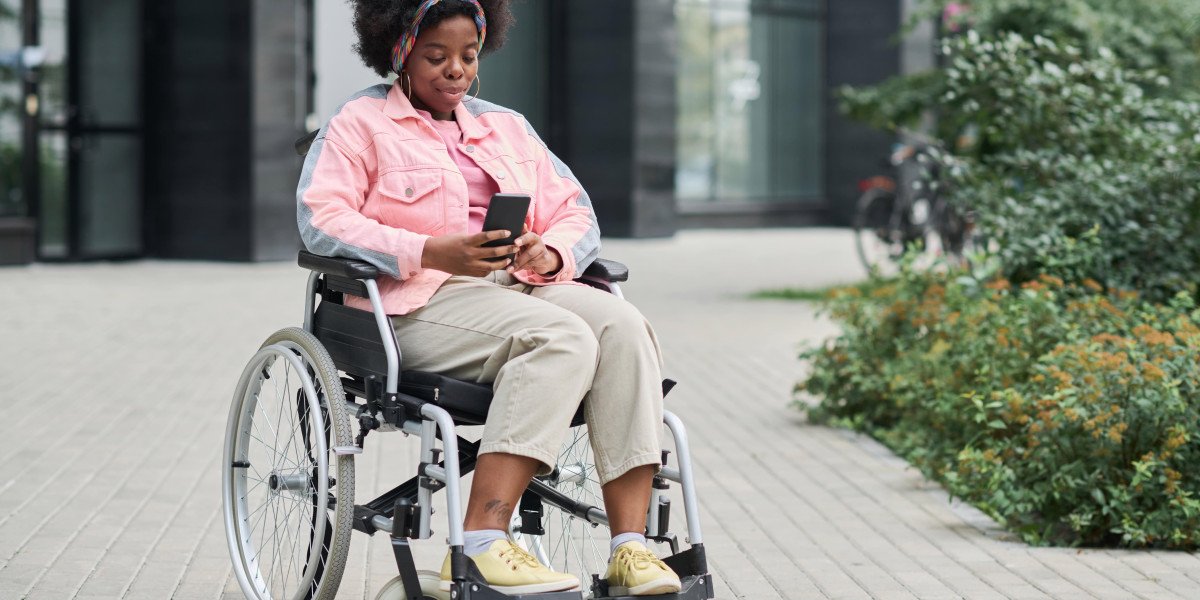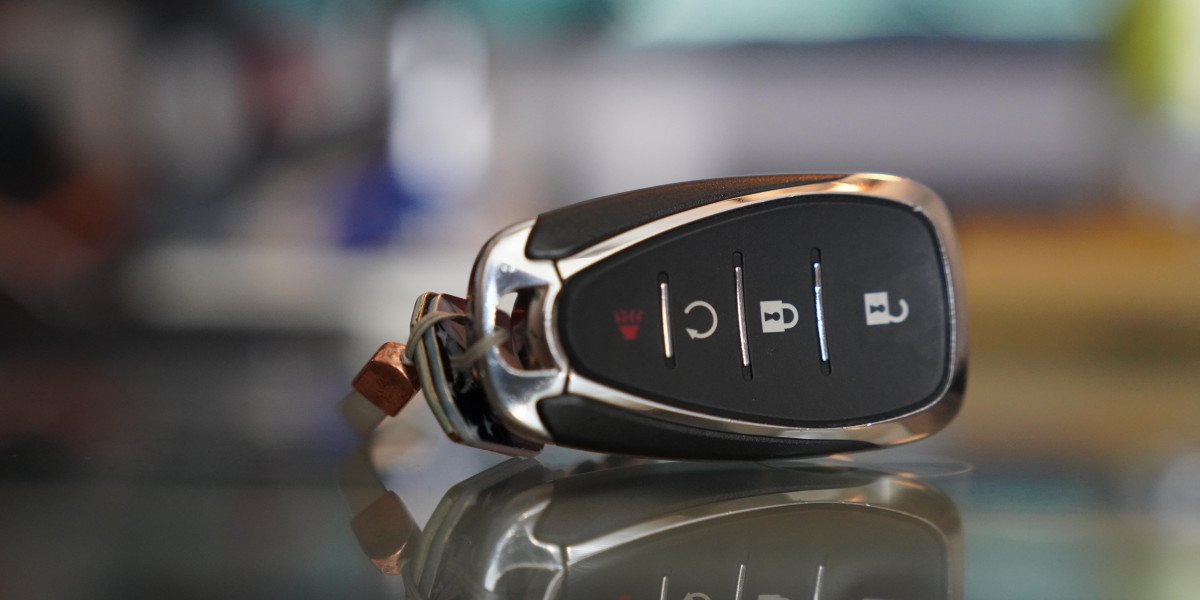Navigating the World of Mobility Scooters in the UK
Mobility scooters have actually ended up being an essential tool for numerous in the United Kingdom, providing a useful and dignified solution for people with mobility issues. These scooters not only improve the lifestyle for their users but also supply a sense of independence and freedom. This detailed guide aims to supply an introduction of mobility scooters in the UK, including their advantages, types, acquiring considerations, and upkeep suggestions.
Introduction to Mobility Scooters
A mobility scooter is a battery-powered lorry designed to assist people with walking troubles or limited mobility to move more quickly. Unlike manual wheelchairs, which require significant physical effort, mobility scooters are simple to run and can be utilized both inside and outdoors. They are particularly beneficial for older grownups and people with impairments, permitting them to take a trip longer ranges and browse numerous terrains with ease.

Advantages of Mobility Scooters
Self-reliance and Freedom
- Mobility scooters empower users to take a trip independently, lowering the need for assistance from others.
- They can be utilized for everyday activities such as shopping, checking out friends, or participating in gatherings.
Economical
- While there are initial costs, mobility scooters can be an affordable option to other mobility aids, especially in time.
- Numerous models are readily available for lease or lease, providing flexibility for users with varying requirements.
Comfort and Safety
- Scooters are designed with ergonomic seats and adjustable functions to make sure comfort during extended periods of usage.
- Safety functions such as lights, horns, and braking systems improve user self-confidence and security.
Social Inclusion
- By allowing people to take part in community activities, mobility scooters promote social addition and lower feelings of isolation.
Health Benefits
- Regular usage of a mobility scooter can help keep physical health by motivating users to remain active and engaged.
Types of Mobility Scooters
Mobility scooters in the UK can be found in various types, each created to cater to different requirements and choices:
Class 2 Scooters (Pavement Scooters)
- Speed: Up to 4 mph
- Use: Designed for use on pavements and within indoor spaces
- Advantages: Compact and lightweight, perfect for short ranges and day-to-day errands
Class 3 Scooters (Road and Pavement Scooters)
- Speed: Up to 8 mph on roads and 4 miles per hour on pavements
- Use: Suitable for longer journeys and can be used on both roadways and pavements
- Benefits: More robust and efficient in dealing with different surfaces, including rough surface areas and inclines
Off-Road Scooters
- Speed: Varies, but generally higher than Class 2 and Class 3 scooters
- Use: Designed for off-road use, including parks, tracks, and irregular surface areas
- Advantages: Enhanced toughness and traction, ideal for daring users
Travel Mobility Scooters
- Speed: Varies, but usually approximately 4 miles per hour
- Use: Portable and easy to dismantle for transport
- Advantages: Perfect for users who take a trip often and need a portable option
Acquiring Considerations
When buying a mobility scooter, several elements need to be considered to ensure the very best fit for the user's requirements:
User's Physical Condition
- Weight Capacity: Ensure the scooter can support the user's weight.
- Height and Reach: Choose a model that is adjustable to fit the user's height and reach comfortably.
Planned Use
- Indoor/Outdoor: Determine if the scooter will be utilized mostly inside your home, outdoors, or both.
- Surface: Consider the kind of surface the user will navigate, consisting of any hills or rough surfaces.
Battery Life and Range
- Battery Type: Lithium-ion batteries are typically more effective and longer-lasting than lead-acid batteries.
- Variety: Check the scooter's range to guarantee it satisfies the user's daily travel requirements.
Security Features
- Brakes: Look for scooters with dependable braking systems.
- Lights and Horns: Essential for visibility and notifying others.
Warranty and Customer Support
- Service warranty: Ensure the scooter comes with a detailed warranty.
- Consumer Support: Choose a reputable maker with good customer service and assistance.
Maintenance and Safety Tips
Appropriate upkeep is important to make sure the longevity and safety of a mobility scooter:
Regular Battery Checks
- Charging: Always keep the battery credited prevent deep discharge.
- Cleaning: Keep the battery compartment clean and devoid of dirt and moisture.
Tire Maintenance
- Inflation: Regularly check and maintain correct tire pressure.
- Assessment: Inspect tires for wear and damage, changing them as required.
Tidy and Lubricate
- Cleaning: Wipe down the scooter frequently to keep it totally free from dirt and grime.
- Lubrication: Lubricate moving parts to avoid rust and ensure smooth operation.
Safety Checks
- Brakes: Test the brakes regularly to ensure they are functioning correctly.
- Lights and Horns: Check that all security features are operational.
Follow Manufacturer Guidelines
- Manual: Refer to the user manual for specific upkeep directions.
- Service: Schedule regular service checks with a certified technician.
Regularly Asked Questions (FAQs)
Can anyone use a mobility scooter?
- No, only people with a medical need or disability are eligible to utilize a mobility scooter on public roadways and pavements in the UK. However, they can be utilized by anybody on personal property.
Do I need a license to drive a mobility scooter?
- No, a license is not needed to utilize a Class 2 or Class 3 mobility scooter. Nevertheless, users need to be over 14 years old and have an authentic need for the scooter due to a disability or medical condition.
How quick can a mobility scooter go?
- Class 2 scooters have an optimal speed of 4 miles per hour, while Class 3 scooters can rise to 8 miles per hour on roadways and 4 miles per hour on pavements.
Can I take a mobility scooter on public transportation?
- Some public transport, such as trains and buses, may permit mobility scooters, but it depends on the particular service and the size of the scooter. It's best to talk to the transport company ahead of time.
What is the lifespan of a mobility scooter?
- With proper upkeep, a mobility scooters uk; click through the up coming page, scooter can last numerous years, usually between 5 and 10 years.
Can I get financial assistance to buy a mobility scooter?
- Yes, financial support might be offered through the Disabled Facilities Grant (DFG), regional authorities, or charitable companies. Additionally, some insurance providers may cover part of the expense.
Mobility scooters are a valuable help for people with mobility issues in the UK, offering a variety of take advantage of increased self-reliance to improved social involvement. By thinking about the user's requirements, the designated use, and the scooter's features, one can pick the best model to boost their lifestyle. Routine maintenance and adherence to safety standards are necessary to guarantee the scooter remains a reputable and safe mode of transport. For those who certify, financial support might be readily available to make the purchase more budget-friendly. Whether for day-to-day usage or occasional getaways, a mobility scooter can substantially improve the user's ability to browse the world with confidence and ease.
Additional Resources
- Mobility Aids UK: A detailed directory site of mobility help and scooters.
- NHS Choices: Information on mobility aids and monetary help.
- Disability Living Allowance (DLA): Guidance on requesting financial backing for disability-related expenditures.
By checking out these resources and thinking about the points laid out in this guide, individuals can make an informed choice about acquiring and using a mobility scooter in the UK.







